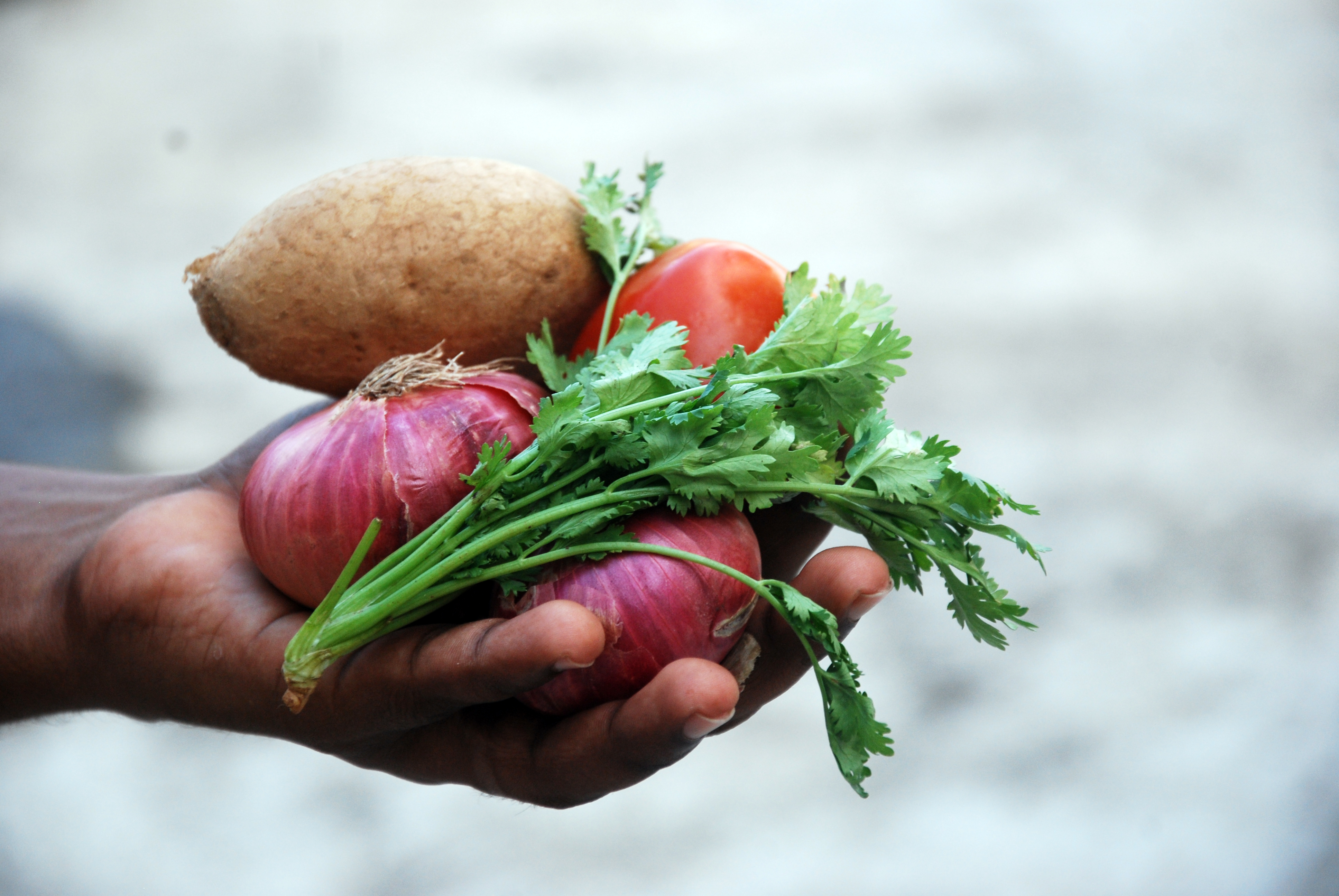Sustainable Incentives: How Not to Eat the Planet
Author: Adolfo Brizzi | Published: November 16, 2016
More than seven billion people currently call our planet home, and their lives depend on finite resources. With both climate change impacts and populations on the rise, we need to understand how we can meet the growing food demand while simultaneously preserving the environment and building community resilience. Agriculture and the environment are often in competition, because one needs to use what the other needs to conserve. Building sustainable agriculture is therefore critical for our future, especially in view of climate change.
Agriculture is severely affected by climate change. It is estimated that by 2050, 22 per cent of cultivated areas will suffer impacts, agricultural production will shrink by 2 per cent every decade and rising ocean temperatures and acid levels will lead to declines in fish stocks. At the same time, demand for food will increase by 14 per cent and we will need twice as much dairy and meat products than were produced in 2000.
The 2.5 billion smallholder farmers around the world, who are predominantly poor, have been seen as both the victims and the culprits of climate change. Poverty can lead to people to act in self-defeating ways, for example farming in destructive ways that are unsustainable and contribute to climate change.
Farmers know that “eating the planet” in order to feed their families undermines the very sustainability of their production systems and their own food security in the future. But they continue to do so for three main reasons.

